During a disease outbreak or pandemic, it’s normal to have some anxiety about contracting the virus. Whether you are in high-risk group, concerned about a loved one’s health or worried about your own exposure, your feelings are valid. However, if fear of COVID-19 is causing you significant anxiety or consuming most of your energy, these strategies can help you cope:
- Consistently follow common-sense precautions to reduce the spread of germs. Wash your hands often, avoid contact with sick people, stay home if you are sick, cover coughs and sneezes and disinfect your home regularly. Give yourself credit for your efforts in this area and praise others in your family (especially kids and teens) who remain vigilant as well.
- Find one source of trustworthy health information and stick with it, thus limiting exposure to misinformation and rumors. The Centers for Disease Control (CDC) or your local health department can provide the most timely and accurate information. For information specific to IAFF members, visit the IAFF coronavirus webpage.
- Set limits on exposure to news, radio and social media. Consider turning off push notifications from these sources. Limit checking news reports to only once or twice a day for 15 minutes.
- Find a way to stay connected to family and friends who are part of your normal routine. Whether you are under quarantine or choosing to stay home, communicating over the phone, video chat or text may help reduce feelings of isolation.
- Have some go-to activities that distract you in the short term and help get coronavirus off your mind. Isolation and unstructured time only increase rumination, allowing anxious thoughts to grow. Distraction activities may include a game on your phone, a favorite television show or working on a home project.
- While it might not be possible to take your mind of the outbreak entirely, find something relaxing to calm your body and your mind. Relaxing music, taking a bath, petting your dog or mediation are simple free activities that help deescalate your nervous system.
- Try to limit engagement with others who trigger your anxiety, especially those who struggle with their own health anxiety, generally express a negative outlook on life or drain your energy.
- Get moving. Strive for 30 minutes of physical activity every day. Exercise not only helps improve mood but can boost your immune system as well.
- Celebrate your health and life today. While you should seek to avoid crowds and interaction with high-risk individuals, continue to do daily activities that bring you a sense of joy or purpose.
Follow the latest IAFF guidelines on dispatch protocol, PPE and decontamination at www.iaff.org/coronavirus.
Tips for Parents
Parents, teachers and other trusted adults can help children understand COVID-19. Honest, accurate and timely information minimizes anxiety and fear. The CDC suggests the following strategies:
- Teach children to reduce the spread of germs
- Remain calm and reassuring
- Make yourself available to listen and talk
- Avoid language that blame others and lead to stigma
- Pay attention to what your child hears at school, on television and radio or online






